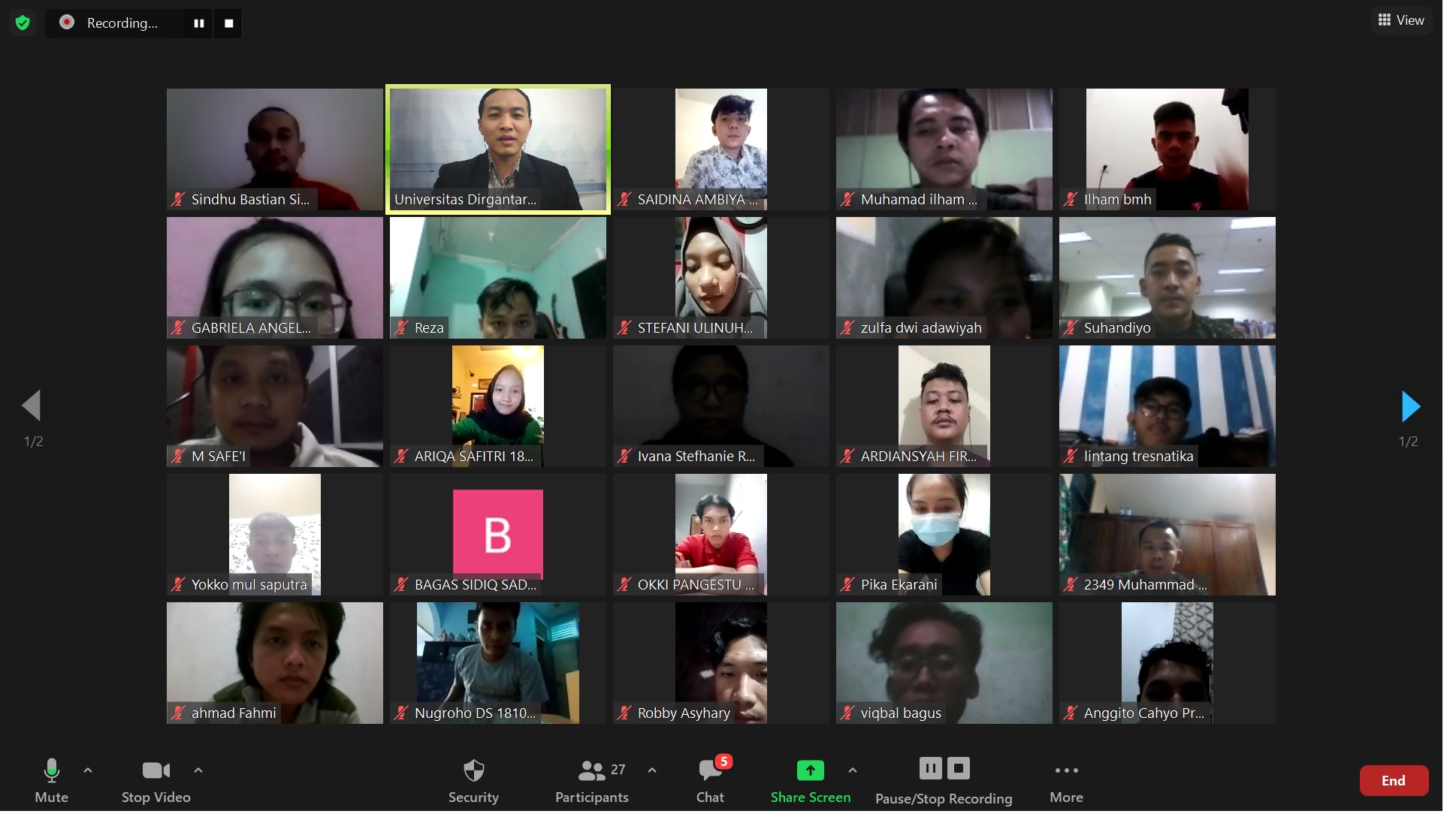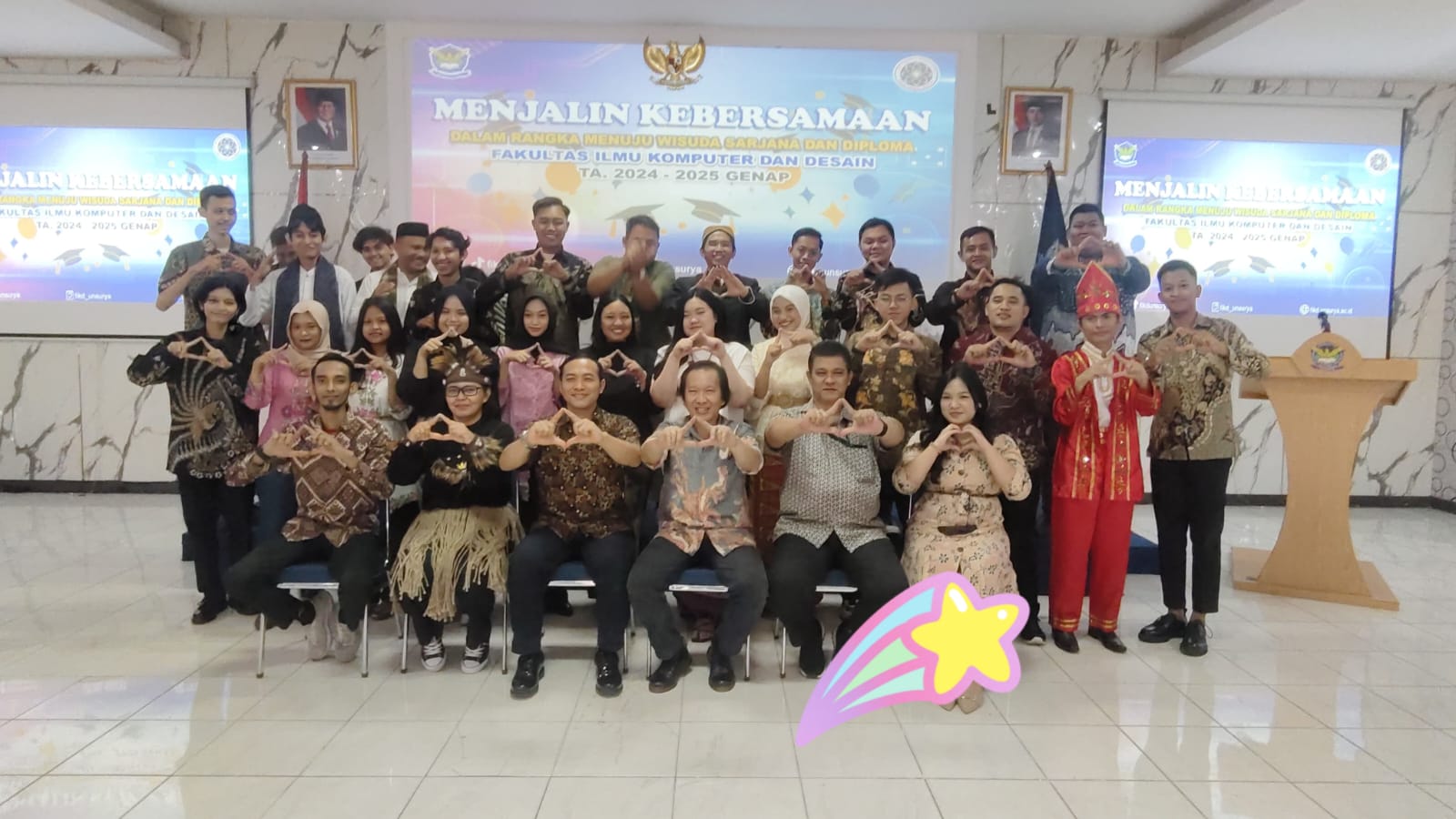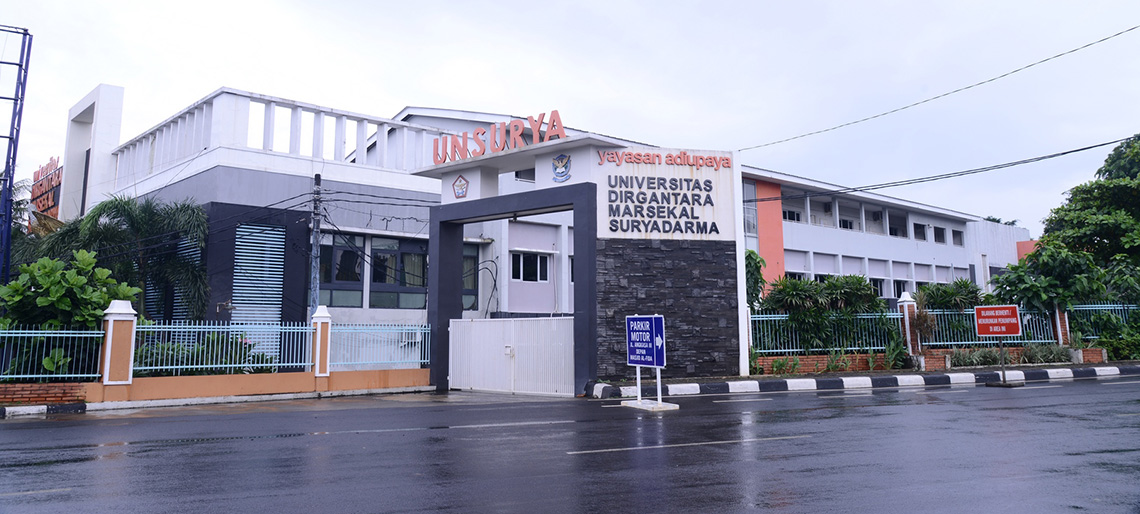In the fast-paced digital era, research has become one of the important skills needed by various groups, from academics, professionals, to business people. Good research not only helps us understand a problem in depth, but also becomes the basis for making the right decisions. On this occasion, Muryan Awaludin, a practitioner and Head of the Information Systems Study Program, shared knowledge through an online Zoom activity with the theme “How to Do Good Research”. This article will summarize the key points from the session.
The Importance of Good Research
Muryan Awaludin started the session by explaining why good research is so important. According to him, research is a systematic process of collecting, analyzing, and interpreting data with the aim of answering questions or solving problems. Good research must have a strong foundation, clear methodology, and accountable results.
“Good research is not only about collecting as much data as possible, but about how the data can provide meaningful insights,” said Muryan. He emphasized that bad research can produce misleading conclusions, which can ultimately harm many parties.
Steps to Conducting Good Research
Muryan then explained the practical steps to conducting good research. Here is a summary of his explanation:
- Determining Research Objectives
The first step in conducting research is to determine clear objectives. What do you want to achieve from the research? Is it to understand a phenomenon, test a hypothesis, or find a solution to a problem? Clear objectives will help determine the direction and methodology of the research. - Formulating Research Questions
Once the objectives are set, the next step is to formulate research questions. These questions must be specific, measurable, and relevant to the research objectives. Good questions will guide the data collection and analysis process. - Conducting a Literature Review
Before starting research, it is important to conduct a literature review. This is the process of reviewing previous studies that are relevant to the topic to be researched. A literature review helps avoid duplication of research and provides a strong theoretical basis. - Choosing the Right Methodology
The research methodology must be adjusted to the objectives and research questions. Is the research quantitative, qualitative, or mixed? Data collection methods such as surveys, interviews, or experiments also need to be chosen carefully. - Collecting Data
The data collection process must be carried out carefully and systematically. Ensure that the data collected is valid and reliable. Muryan emphasized the importance of ethics in data collection, including respecting the privacy and confidentiality of respondents. - Analyzing Data
Once the data is collected, the next step is to analyze the data. Use tools and analysis techniques that are appropriate to the type of data available. Good analysis will produce accurate and meaningful findings. - Presenting Research Results
Research results must be presented clearly and in a structured manner. Create reports or presentations that are easy for the audience to understand. Data visualizations such as graphs and tables can help convey information more effectively. - Evaluating and Reflecting
The last step is to evaluate the research process that has been carried out. Are there any things that can be improved? This reflection is important to improve the quality of research in the future.
Challenges in Conducting Research
Muryan also discussed several challenges that are often faced in conducting research. One of them is limited resources, whether time, funds, or access to data. In addition, researcher bias can also be a serious problem. “We must always try to be objective and not let personal prejudices influence research results,” he said.
Conclusion
Conducting good research requires careful planning, the right methodology, and systematic implementation. By following the steps explained by Muryan Awaludin, we can improve the quality of research and produce useful findings. Good research not only provides answers, but also opens the door to further questions and exploration.
This online Zoom session was closed with an interactive Q&A session, where participants could ask questions and discuss directly with Muryan. This activity not only provided new insights but also inspired participants to apply good research principles in their work and studies.







